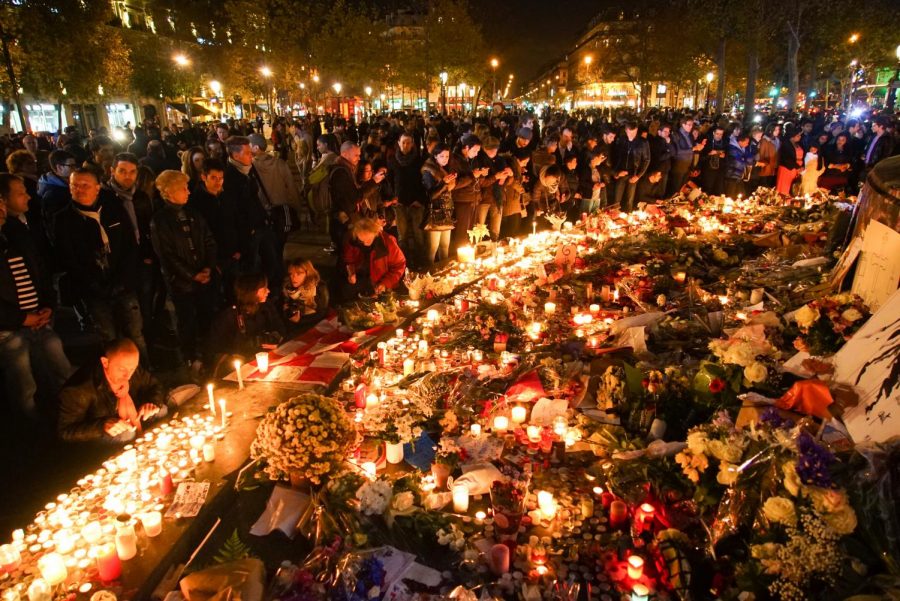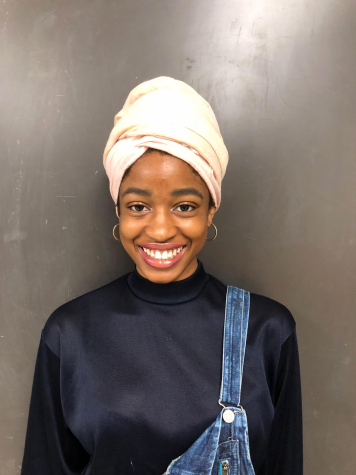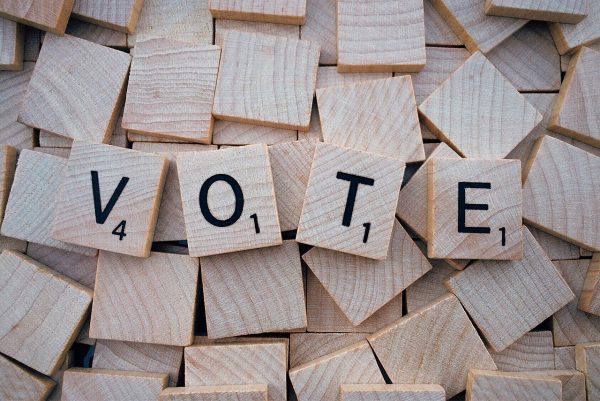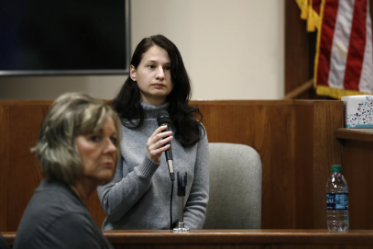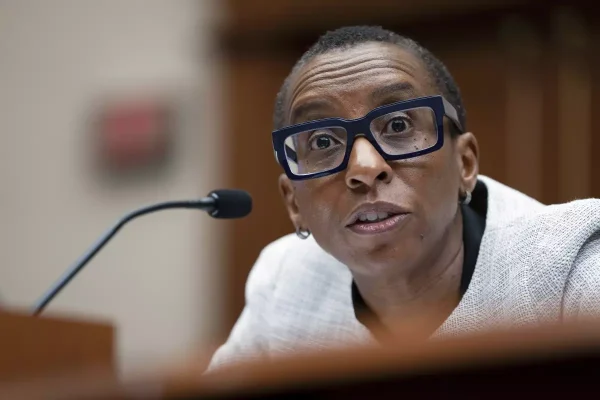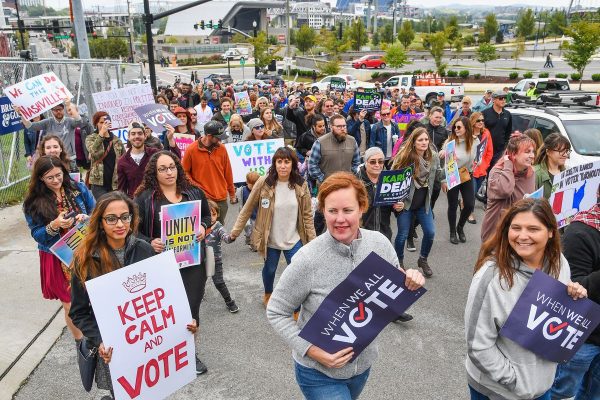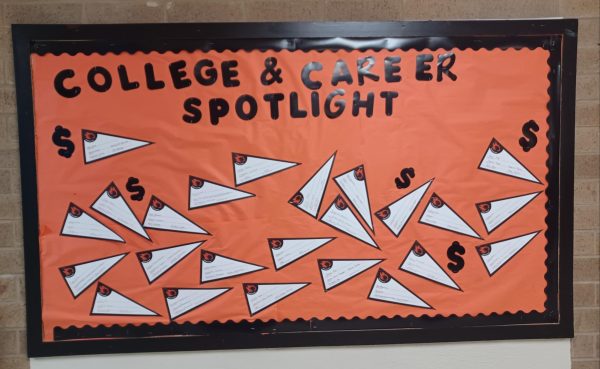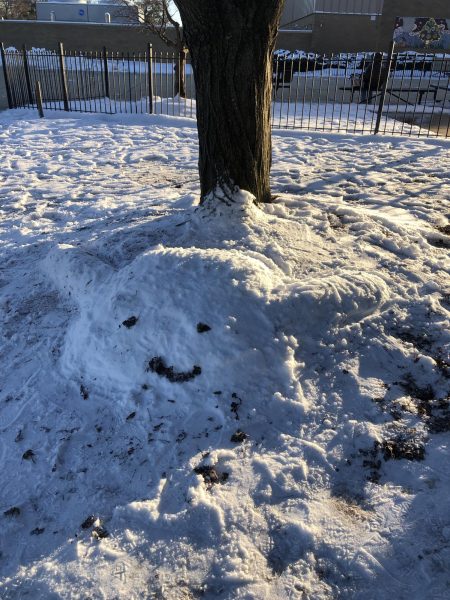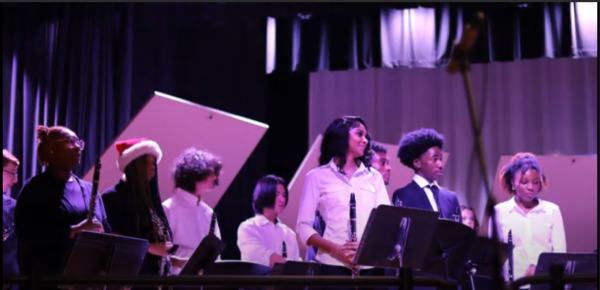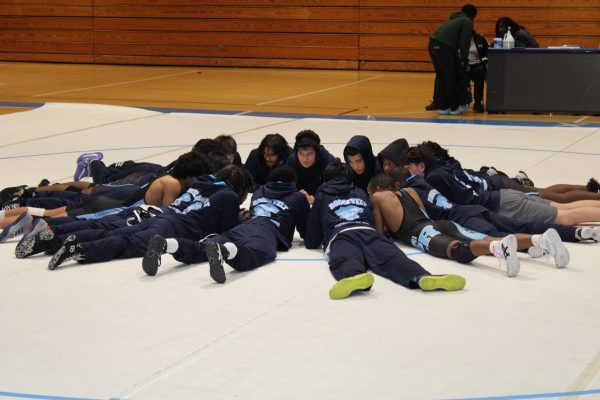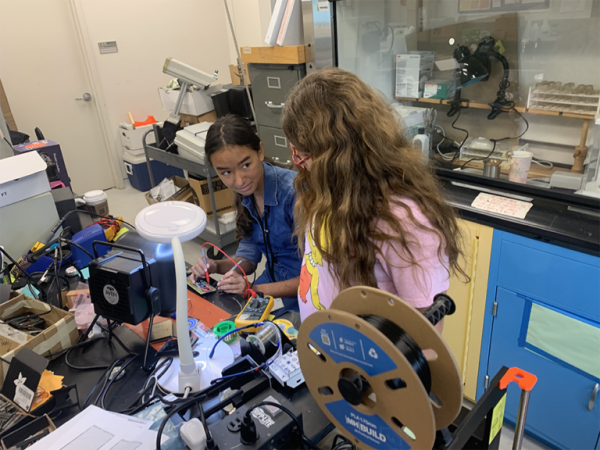New Zealand Mass Shooting Shocks ERHS Students Among Many
April 3, 2019
On Friday, March 15, 2019, news of a mass shooting in New Zealand, a country deemed the safest place to live on earth by the Global Peace Index, ricocheted throughout media news outlets.
A terrorist, strapped with firearms, had opened fire upon the Al Noor Mosque and the Linwood Islamic Centre, two mosques in Christchurch New Zealand, killing fifty people. The shooter targeted victims spanning “generation and nationalities” according to the New York Times, and no one was spared. In grave tones, the Washington Post reported that three-year-old Somalian Muucad Ibrahim had been the youngest victim. Following the onslaught, the number of critically injured individuals admitted to hospitals increased at alarming rates, according to New Zealand officials.
In the moments before the attack, the Prime Minister of New Zealand Jacinda Arden received an email of the shooter’s bigoted manifesto detailing his anti-immigration motives. The seventy-four-paged manifesto was purported to have been emailed to dozens of government officials. Immediately following the massacre, Arden stated that gun reforms would follow, and vowed to deny the terrorist publicity by saying his name in public speeches. “He sought many things from his act of terror, but one was notoriety,” Arden said.
Senior Olayinka Ogbara supported Arden’s belief, stating that “[glorifying] the shooters could spawn new radicals that might want to follow in their footsteps.” He continued, “on the other hand if we recognize the victims we can show the terror that the action has caused and maybe deter any other type of incidences like such from happening in the future.”
Sophomore Sama Mohamed shared that she has “been related to other people who had been shot because of this discrimination against us Muslim people.” She went on to say, “I think it isn’t fair to killed because of what we believe [in].”
The New Zealand mass shooting denoted an even more harrowing nature. The gunman, Brenton Harrison Tarrant, live-streamed the massacre on Facebook. Tarrant allegedly gave kudos to the well-known YouTuber PewDieDie (Felix Kjellberg), saying “Subscribe to PewDiePie” moments before releasing bullets upon bystanders. Kjellberg is known for having a controversial past with racial slurs, according to the New York Times, but has since denounced any form of attachment or familiarity with the terrorist.
Tarrant’s parading on social media was perceived as an effort to make a spectacle of the shooting, in addition to causing outrage and chaos. Olayinka Ogabara believes the shooting was “more of an attempt to catch people’s attention” rather than being directly related to gaming culture, but feels that “PewDiePie definitely is an influence in the shooter’s life, maybe as a role model.”
In another light, Olayinka Ogbara expressed that “social media gives people a platform to spread their bigotry. Media like twitter where anyone can see what you tweet and share with friends are a thing…[but it] can be used good if regulated properly.” Facebook reported taking down up to 1.5 billion videos of the massacre from their platform. Mohamed added that “everybody should be responsible for the actions of their own decisions making [and] the shooter should be recognized and receive [the] punishment they deserve.”
The increasing rate at which social media is used by terrorists to elaborate their bigoted atrocities has prompted inquiries towards the questionable lack of supervision of social media features, such as auto-playing videos and live-streaming. Junior Oladunke Ogbara believes “work being put into protection and safety” online can take on many forms. “I already see twitter putting warning cautions on videos or pictures that are deemed inappropriate and Instagram doesn’t allow you to follow pages like Ciroc until you’re 18,” she stated. Olayinka Ogbara believes social media sites should “take reports more seriously along with threats.”
Mohamed’s beliefs supported that social media platforms should have “more strict regulation towards [all of their] content and sue people who abuse it and take them to court.” The devastating nature of the shooting caused pain for many, especially with images and videos of the victims’ terrible demise being dispersed across social media. Oladunke Ogbara expressed that she shares the victims’ pain because “even though we are miles apart we still share similar values and goals. Also we have loved ones that care for us, which is why I can feel empathy for the family members involved.” Olayinka Ogbara shared that “[he] relates to them because most of them came to the mosque after a long day at work, many of them came because that is where they find peace. My place of worship is also where I like to go any chance I get.”
The shooting has brought attention to the topic of social media, and its usage towards actions both good and bad. Not only can social media be exploited by bigoted perpetrators, but may also portray evidence of abuse and violence from a victim’s perspective.


